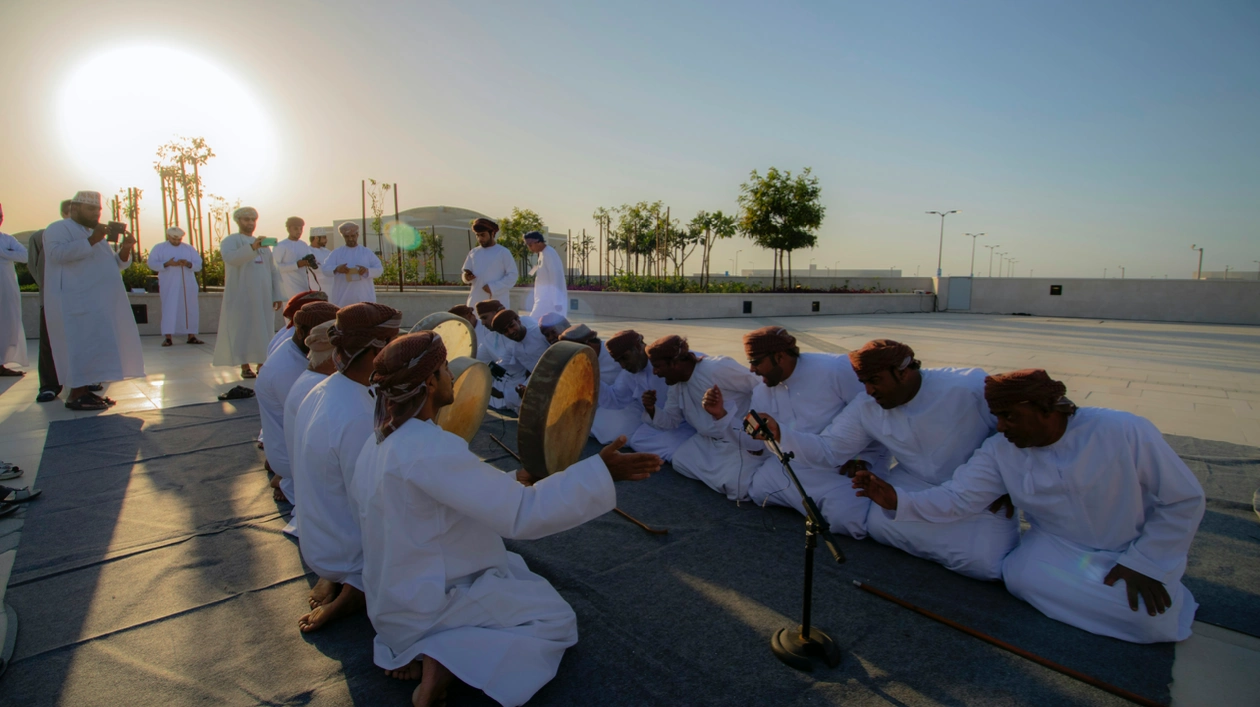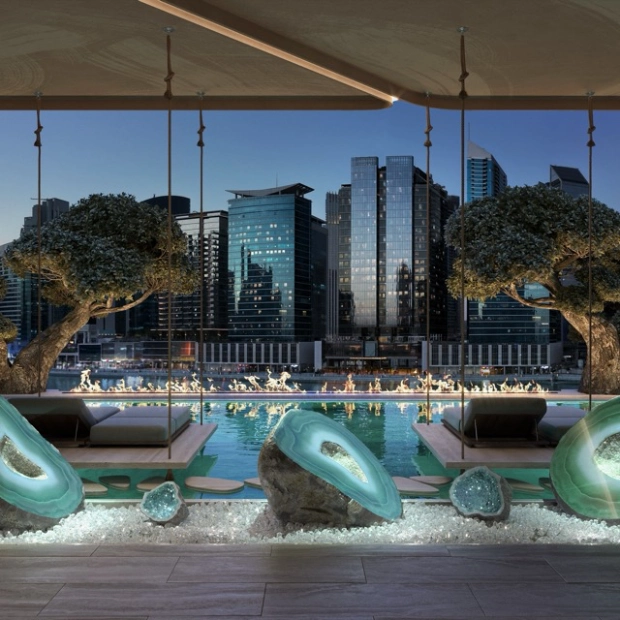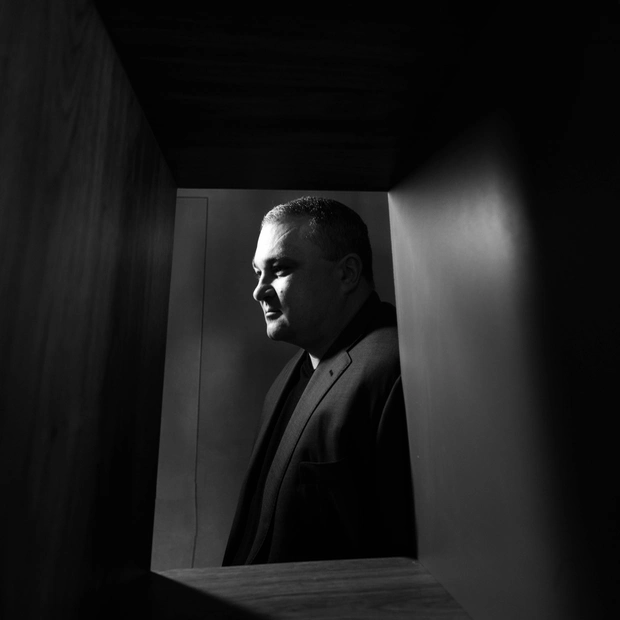Ramadan etiquette
Dubai, a city known for its modern architecture and diverse offerings, undergoes a period of spiritual reflection and community during the holy month of Ramadan. Whether you are a resident or a visitor, understanding Ramadan etiquette is essential to demonstrate respect and appreciate the cultural significance of this time. This guide will provide insights into the customs and practices observed during Ramadan, allowing you to navigate this special period with sensitivity and awareness.
The History of Ramadan and its Significance
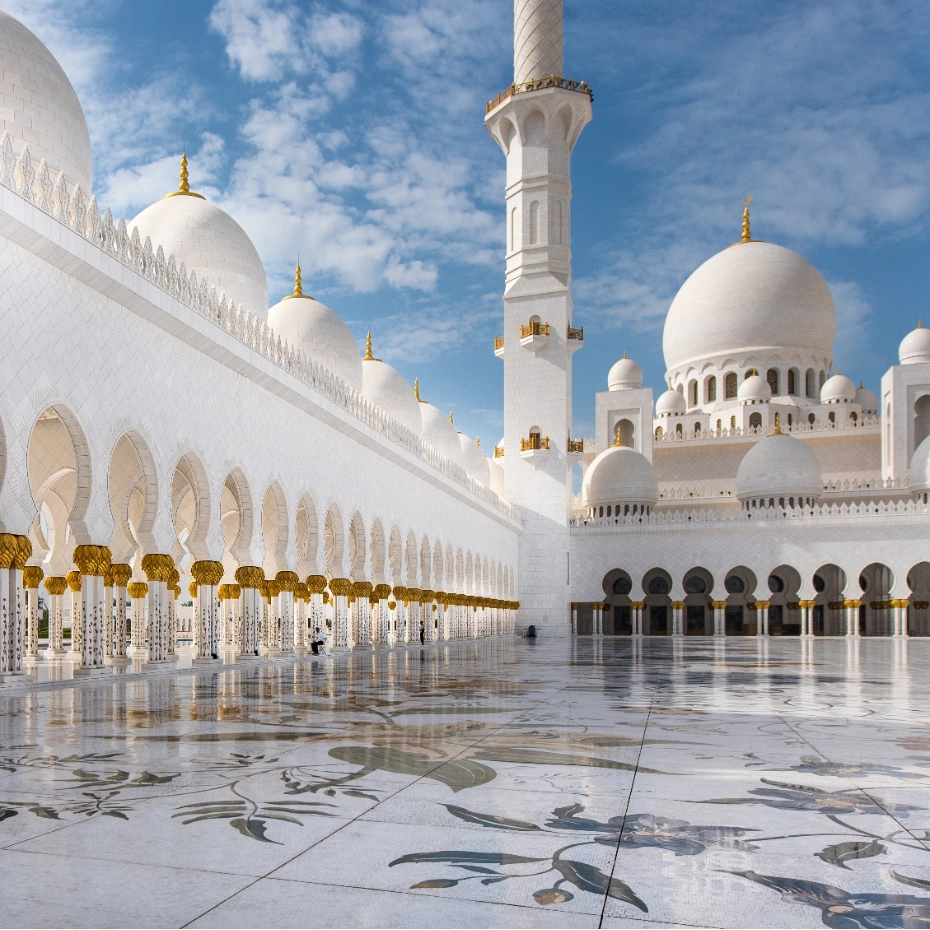
Ramadan, the ninth month of the Islamic lunar calendar, holds deep meaning for Muslims globally. It commemorates the first revelation of the Quran to Prophet Muhammad (PBUH) and is considered a time of heightened spiritual devotion, introspection, and community building.
Origins and Revelation
The history of Ramadan traces back to the 7th century CE when Prophet Muhammad (PBUH) received the initial verses of the Quran during the Night of Power (Laylat al-Qadr) in the month of Ramadan. This divine revelation marked the inception of Islam and continues to guide Muslims in their faith and daily lives.
Pillars of Islam
Ramadan is one of the Five Pillars of Islam, which are the core tenets of the faith. These pillars include:
Shahada:
Faith in the oneness of God and the prophethood of Muhammad (PBUH)
Salat:
Performing the five daily prayers
Zakat:
Giving alms to the poor and needy
Sawm:
Fasting during Ramadan
Hajj:
Pilgrimage to Mecca
Significance of Fasting:
Fasting during the holy month of Ramadan is more than simply abstaining from food and drink. It represents a deep spiritual journey that encompasses:
Self-discipline and self-control:
Fasting cultivates self-restraint and strengthens willpower, allowing individuals to resist temptation and negative impulses.
Empathy and compassion:
Experiencing hunger and thirst firsthand fosters empathy for those less fortunate and encourages acts of charity and generosity.
Spiritual growth and connection to God:
Fasting allows Muslims to focus on their inner selves, deepen their connection to God, and seek forgiveness for past transgressions.
Community building:
Ramadan brings communities together through shared experiences of fasting, prayer, and charitable activities, fostering a sense of unity and belonging.
By understanding the historical roots and significance of Ramadan, we can better appreciate the depth of this holy month and engage with its practices in a respectful and meaningful way.
Fasting: A Pillar of Faith and Discipline
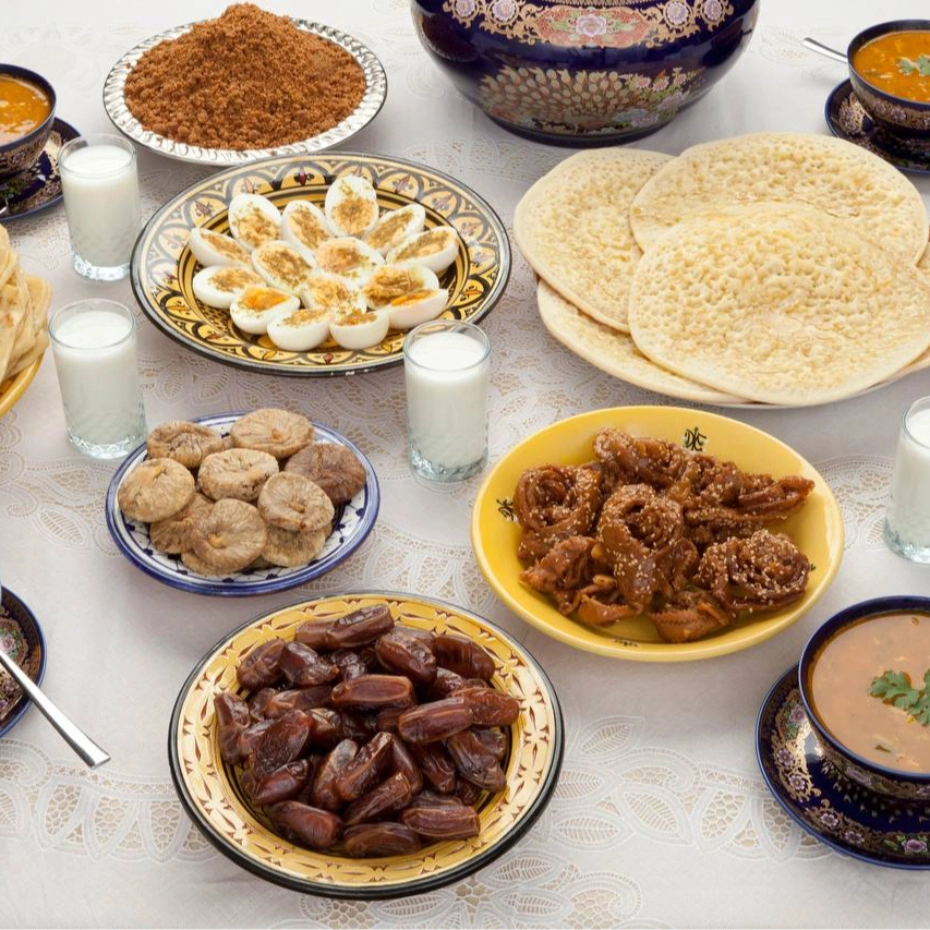
Fasting during Ramadan is a central tenet of the holy month, representing a profound act of spiritual devotion, self-discipline, and empathy. It is a time for Muslims to turn inwards, focusing on their relationship with God and reflecting on their actions and intentions.
Purpose of Fasting:
Spiritual purification and heightened devotion:
Fasting is viewed as a means of cleansing the soul and attaining closeness to God. By abstaining from worldly desires and focusing on prayer and recitation of the Quran, Muslims aim to develop a deeper connection with their faith and experience spiritual growth.
Self-discipline and self-control:
The act of fasting requires immense willpower and self-restraint, teaching individuals to manage their desires, impulses, and negative habits. This practice of self-control extends beyond the physical act of fasting and helps cultivate a sense of personal responsibility and accountability in all aspects of life.
Empathy and compassion for the less fortunate:
Fasting allows Muslims to experience hunger and thirst firsthand, fostering a profound sense of empathy and compassion for those who face poverty and food insecurity daily. This heightened awareness encourages acts of charity and generosity throughout Ramadan and beyond, promoting social responsibility and a commitment to helping those in need.
Gratitude and appreciation for blessings:
Fasting cultivates a deep sense of gratitude for the blessings in one's life, such as food, water, shelter, and good health. It allows individuals to reflect on the abundance they may often take for granted and appreciate the simple pleasures of life.
Unity and community building:
The shared experience of fasting fosters a sense of unity and solidarity within the Muslim community. Breaking the fast together at Iftar, engaging in communal prayers, and participating in charitable activities strengthens social bonds and reinforces the values of compassion and mutual support.
Rules of Fasting:
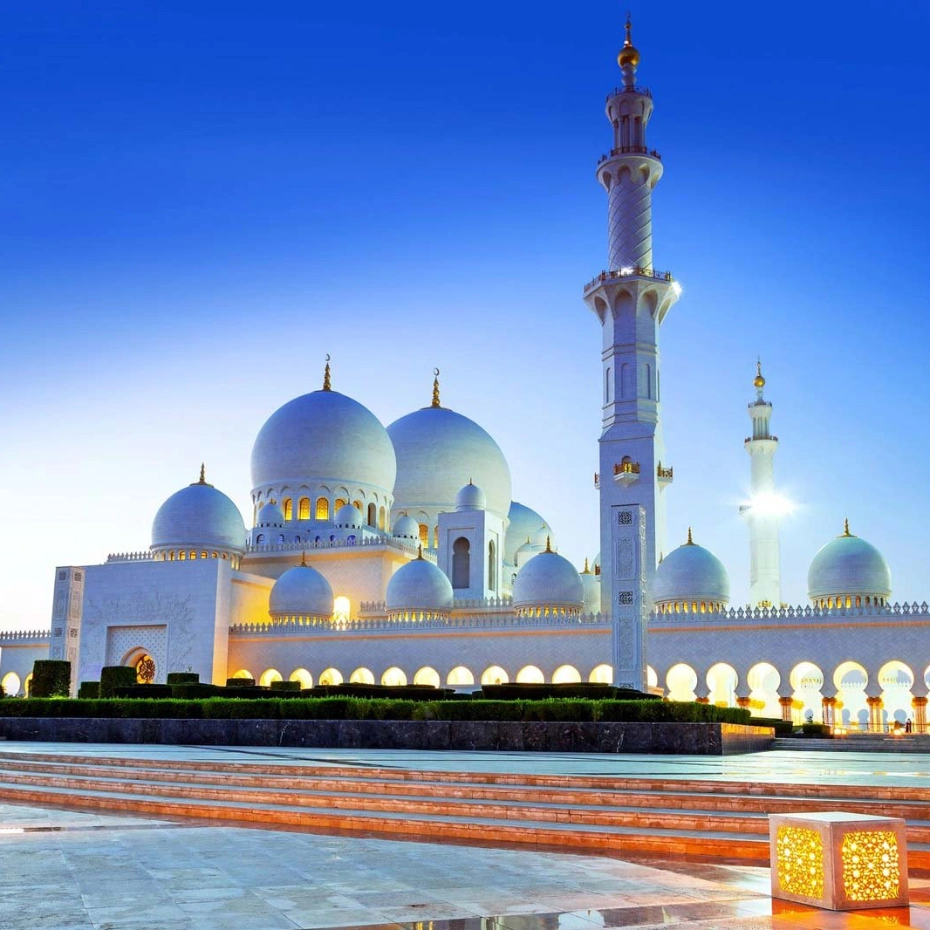
Abstaining from food and drink:
From dawn, marked by the Fajr prayer, to sunset, signaled by the Maghrib prayer, Muslims refrain from consuming any food, drink, or even chewing gum.
Maintaining purity of thought and action:
Fasting extends beyond physical restraint and includes abstaining from negative thoughts, harmful speech, gossiping, lying, and immoral actions. This focus on internal purification helps individuals develop a greater sense of self-awareness and strive towards ethical conduct.
Suhoor and Iftar:
Muslims partake in a pre-dawn meal called Suhoor to nourish and prepare for the day of fasting. The fast is then broken at sunset with a meal called Iftar, often beginning with dates and water following the tradition of Prophet Muhammad (PBUH).
Exemptions:
Certain groups are exempt from fasting, including the elderly, the sick, pregnant women, breastfeeding mothers, travelers, and young children who haven't reached puberty. However, they may make up for missed fasts at a later time, contribute to charity, or provide meals for those in need.
Smoking & Drinking:
In accordance with Islamic principles, smoking and drinking alcohol are strictly prohibited during Ramadan and throughout the year. This extends to public spaces as a sign of respect for those who are fasting and observing the sanctity of the holy month. While non-Muslims are not obligated to fast, it is considered polite and culturally sensitive to refrain from smoking and consuming alcohol in public areas during Ramadan. Demonstrating this level of understanding and respect contributes to a harmonious and inclusive environment during this special time.
The Rituals of Ramadan: A Tapestry of Tradition
Ramadan is enriched by a series of rituals and traditions that enhance the spiritual experience and foster a sense of community and cultural identity. These practices provide structure and meaning to the holy month, creating a unique atmosphere of peace, reflection, and shared devotion.
Taraweeh prayers:
These are special nightly prayers performed in congregation during Ramadan, offering an opportunity for extended recitation of the Quran and communal worship. The mosques come alive with the sound of prayers, creating a serene and spiritual environment for worshippers to connect with their faith.
Increased recitation of the Quran:
Muslims strive to complete the recitation of the entire Quran during Ramadan, either individually or collectively during Taraweeh prayers. This practice allows individuals to deepen their understanding of the Quranic teachings and find guidance and inspiration in its verses.
Zakat and Sadaqah:
Charitable giving is emphasized during Ramadan, with Muslims paying Zakat (obligatory alms) and offering additional Sadaqah (voluntary charity) to support those in need. This act of generosity helps bridge the gap between the affluent and the less fortunate, promoting social justice and economic equality within the community.
Iftar gatherings:
Families and communities come together to break their fasts at sunset, sharing meals and strengthening social bonds. These gatherings often involve traditional dishes and desserts specific to Ramadan, creating a festive and joyous atmosphere.
Suhoor gatherings:
In some cultures, it is common to gather for the pre-dawn meal, sharing food and conversation before the start of the fast. This tradition fosters a sense of camaraderie and support as individuals prepare for the day of fasting ahead.
Laylat al-Qadr:
Muslims seek to experience the Night of Power during the last ten days of Ramadan, engaging in increased prayer, recitation of the Quran, and acts of worship. This night is believed to be when the first verses of the Quran were revealed to Prophet Muhammad (PBUH) and is considered a time of immense spiritual significance and blessings.
Mosque decorations and lighting:
Mosques are often adorned with lights and decorations during Ramadan, creating a festive and welcoming atmosphere for worshippers. The illumination symbolizes the spiritual light and guidance that Ramadan brings to individuals and communities.
Ramadan drummers:
In many Muslim countries, drummers known as "mesaharati" walk through the streets before dawn, playing rhythmic beats to wake people up for Suhoor. This tradition adds a unique cultural element to the Ramadan experience and serves as a reminder of the importance of the pre-dawn meal.
These rituals and traditions weave a rich tapestry of cultural and religious significance during the holy month Ramadan. They serve to deepen the spiritual experience, strengthen community bonds, and celebrate the values of compassion, generosity, and self-reflection.
Experiencing Ramadan in Dubai: A Time for Connection and Cultural Immersion
Ramadan in Dubai offers a unique opportunity for both residents and visitors to experience the spirit of the holy month and engage with the local culture. The city's atmosphere transforms into one of peace, reflection, and community, offering a chance to witness the traditions and practices that make Ramadan such a special time.
Whether you choose to participate in Iftar gatherings, explore the vibrant Ramadan night markets, or simply observe the customs of the holy month, you will find yourself immersed in a rich cultural experience that fosters understanding and appreciation. Ramadan in Dubai is a time for connection - connection with one's faith, with the community, and with the deeper values of compassion, generosity, and gratitude.
FAQ Section
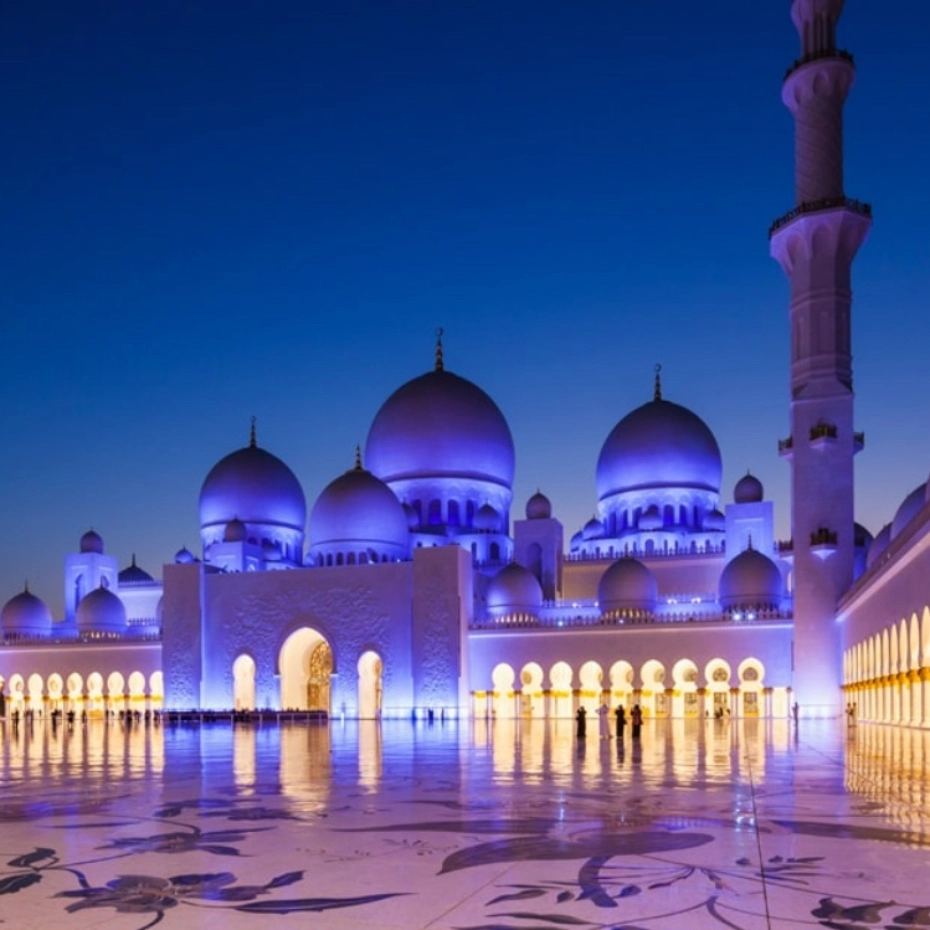
Q: Can non-Muslims eat and drink in public during Ramadan?
A: While there are no legal restrictions on eating and drinking in public for non-Muslims, it is considered polite and respectful to abstain from doing so, especially in areas where people are fasting. Many restaurants remain open during the day, offering designated areas for non-fasting patrons.
Q: What should I wear during Ramadan?
A: Modest clothing is recommended during Ramadan, both for men and women. This means avoiding revealing clothing and opting for attire that covers the shoulders and knees. It is a way of showing respect for the local culture and traditions during this holy month.
Q: Are tourist attractions open during Ramadan?
A: Yes, most tourist attractions remain open during Ramadan, although some may have adjusted operating hours. It's recommended to check the specific timings of the attractions you plan to visit.
Q: Can I participate in Iftar even if I'm not fasting?
A: Absolutely! Many restaurants and community centers host Iftar gatherings that are open to everyone. Participating in Iftar is a wonderful way to experience the sense of community and share in the joy of breaking the fast.
Q: What are some ways to be respectful during Ramadan?
A: In addition to dressing modestly and being mindful of eating and drinking in public, it is important to be patient and understanding. The pace of life may be slower during Ramadan, and people may be more tired due to fasting. Offering greetings such as "Ramadan Kareem" or "Ramadan Mubarak" is a way of showing respect and acknowledging the significance of the holy month.
